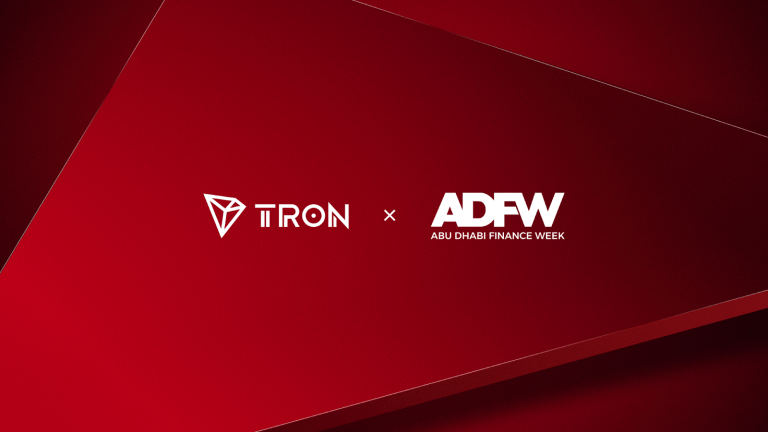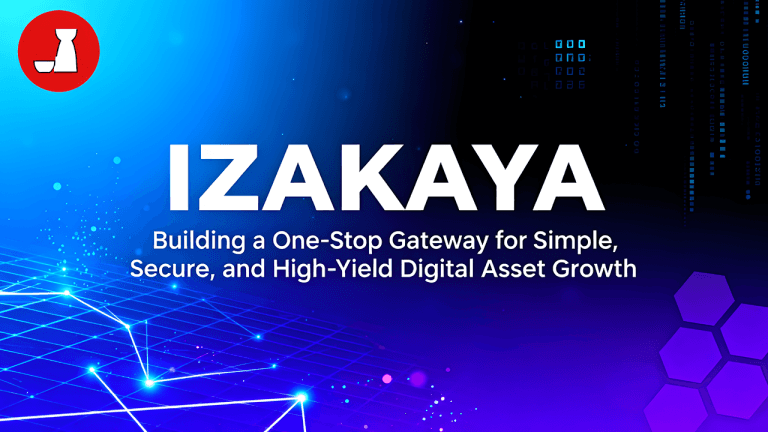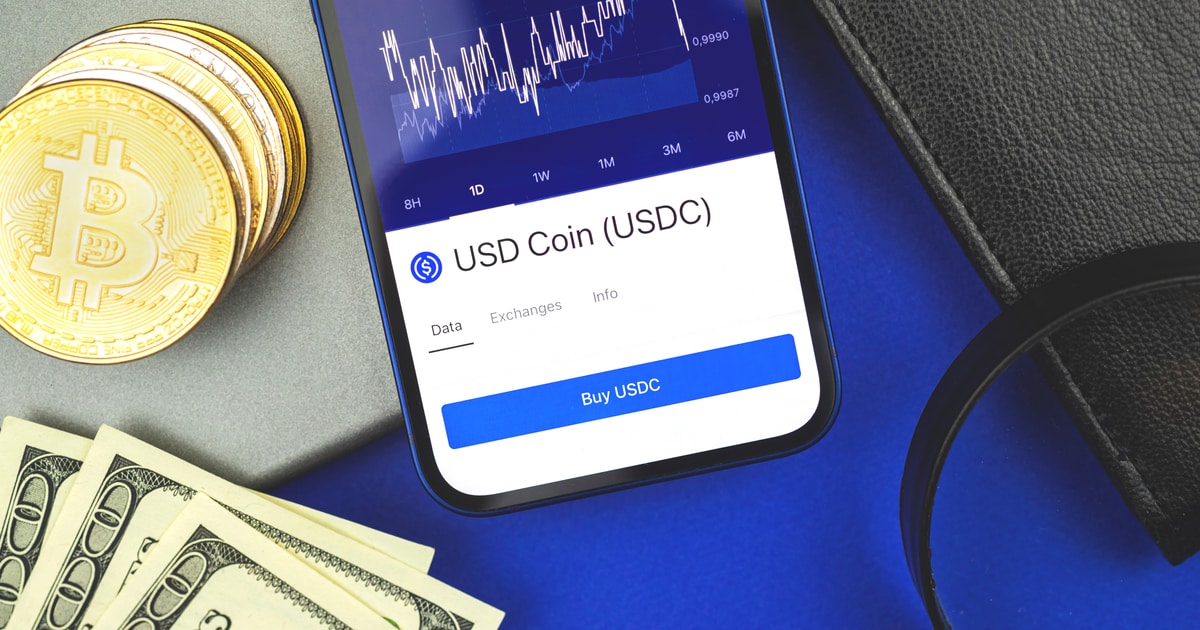 | Over the last week or so I’ve seen a few comments about banks blocking cryptocurrency purchases. I understand the animosity many of you hold towards banks due to their handling of cryptocurrency purchases but I thought it might be interesting to some of you to get an insight into the perspective of those who work there, at least at the mid to lower level. Until recently I worked in a financial crime team for a nationwide bank and it was one of the more crypto-neutral banks. The role comprised of supporting victims of fraud, securing their accounts, investigating fraud cases and of course tracing and recovering stolen funds where possible. I had been involved in crypto for several years when I joined the team but chose to keep this to myself as it seemed that the general consensus in my team and the fraud department as a whole was that crypto was a giant ponzi scheme full of scammers, which to be fair, isn’t entirely untrue. The two below cases have stayed with me for different reasons. Imagine working at a bank and dealing with the below customers:
You may have noticed that the above cases were victims who were somewhat experienced in crypto, in that they at least knew how to withdraw crypto from an exchange. However, by far the most prevalent crypto scam (well in excess of 95% of crypto-related cases) were the bitcoin pop-up adverts. It was overwhelmingly the older generation who fell for this scam. In one case, an elderly victim referred to Bitcoin as “bitcorn” throughout the entire twenty-minute phone call. If you’ve ever disabled your adblocker, you’re probably aware of these pop-up ads like the one below: How everyone can become a millionaire.. They’d click the advert, enter their personal details and in an hour or so later they would receive a phone call from a ‘broker’. The broker would sell them the investment and explain that it doesn’t matter how inexperienced they are as they would manage it all for them. They would just need them to send over their identity documentation to get started: passport, driving licence, bank statements and so on. Sometimes, they’d even ask for a photo of the victim holding their passport with a sheet of paper with the date written on. The scammer would then open an account on a crypto exchange under their identity and then walk the victim through on how to send a bank transfer over to the exchange with the account reference. It was typically a matter of weeks of the ‘broker’ continuously pressuring the victim to deposit more and more money until they realized they were being scammed. The vast majority of the time we were not able to recover the funds from the crypto exchanges as the scammer had already withdrawn the crypto and understandably, the exchanges refused to accept any liability. I probably dealt with around 5-6 cases where the elderly victim broke down in tears when I informed them that we could not recover the funds, which were typically their life savings. Some of the calls were honestly heart-breaking. Reports were written up and sent to the authorities but nothing would ever come of it to the point that it became more of a formality than anything else. Pretty much all the fraud cases related to crypto ended in a Sorry For Your Loss from us to the victim. Crypto may very well be seen as a threat with the upper echelons of the banking industry but the fact of the matter was is that it is just a giant headache for fraud departments more than anything else. The amount of crypto-related fraud cases continually increases. It effected SLAs for fraud investigations which also led to the success rate of recovery with other types of fraud to decrease too as time is always of the essence. Victims would become upset with us when we couldn’t recover funds which in turn effected the bank’s image. Warnings were put up before bank transfers could be submitted, emails were sent out to customers warning them of fraud, including crypto-related fraud but it wasn’t enough to make a noticeable difference. Eventually higher-ups in the bank I worked at made a choice. Many types of fraud are hard for banks to block but with crypto they had the ability to block transfers to the business bank accounts of crypto exchanges, which is eventually what we ended up doing for most exchanges, at least for bank transfers. With card payments, fraud cases would go through VISA and Mastercard and it was ultimately on them if they were to refund or not. It’s all well and good put to expect more common sense from the younger victims but most of the victims were the elderly who were often technically illiterate, vulnerable and far too trusting. I raised the idea of blocking business accounts of crypto exchanges based on the users vulnerability status and introducing an age threshold (as to not affect the average crypto buyer) but this was bounced back as being too much work and also opening us up to accusations of discrimination. I left shortly after. In time I do think it will improve, but we're not there yet. _____________________________________________________________________________________________________ Needless to say, whenever you have a minute with your elderly relatives, please educate them about the risk of fraud. If they're unsure of someone or something asking for money or some who is sharing an investment opportunity, get them to agree to always speak to a relative first before sending any money. TLDR: Limited resources, overworked teams and an increasing overall workload and low rate or recovery for crypto-related fraud cases have led banks to make it more difficult for everyone to buy crypto in order to manage fraud case levels. [link] [comments] |

You can get bonuses upto $100 FREE BONUS when you:
💰 Install these recommended apps:
💲 SocialGood - 100% Crypto Back on Everyday Shopping
💲 xPortal - The DeFi For The Next Billion
💲 CryptoTab Browser - Lightweight, fast, and ready to mine!
💰 Register on these recommended exchanges:
🟡 Binance🟡 Bitfinex🟡 Bitmart🟡 Bittrex🟡 Bitget
🟡 CoinEx🟡 Crypto.com🟡 Gate.io🟡 Huobi🟡 Kucoin.

















Comments